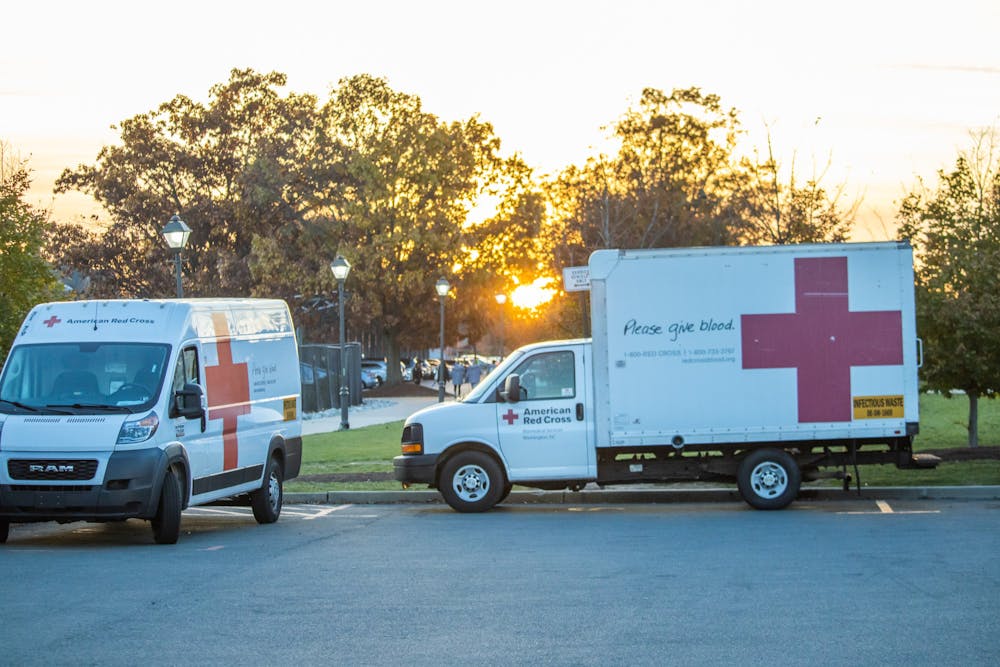By Johanna Evans
Correspondent
In an effort to educate people around campus, the College’s Emergency Medical Services hosts four different First Aid classes aimed to inform students about what to do in a worst-case scenario. The four classes include Basic Life Support for Healthcare Providers, Stop the Bleed, HeartSaver CPR (cardiopulmonary resuscitation) and HearSaver First Aid. All instructors are trained through the American Heart Association.
“We’re just trying to spread awareness on, obviously, life-saving techniques such as CPR and First Aid,” said senior biology major Alexander Saykali, one of the instructors.
When asked about why it is important for students to sign up for these classes, Saykali said that “if you have a general idea, a few minutes could help save a life.” Knowing what to do in an emergency situation is important and can be life-saving.
As Basic Life Support is a class meant for healthcare providers, it requires some basic background knowledge. Students can sign up for the other three courses without prior medical knowledge.
“The healthcare course is like 'you are 911’” said Matthew Cyktor, a senior psychology and pre-med major who also is an instructor for the courses.
“The courses we offer are characterized for people who don’t have any medical training or knowledge,” Saykali said.
According to the EMS website, the prices for the classes are as follows: a CPR class costs $60, a First Aid class costs $65, a Stop the Bleed class costs $5 and a Basic Life Support class costs $90.
“The BLS one is more expensive because it’s a higher, more detailed course,” Saykali said.
The sign-up states that the CPR and First Aid classes are both 2 1/2 hours long, where the Stop the Bleed class is an hour, and the Basic Life Support class is 4 1/2 hours.
During a typical class, Saykali said participants will watch a video provided by the American Heart Association, and the instructor will demonstrate the skills before the participants give it a go.
According to both instructors, all classes cover skills such as CPR, mouth-to-mouth and using an AED. The Basic Life Support class is the only one with an exam, as it is meant for healthcare providers.
The frequency of classes depends on instructor-availability, with Saykali holding two per week and Cyktor offering one or two per week.
The classes also require a minimum of three participants to sign up and are open to everyone, according to Cyktor.
“It is open to literally anybody, regardless of their age, and it’s open to people outside of [the College],” Saykali said.
More information on the classes and how to sign up can be found on the TCNJ EMS Website.







